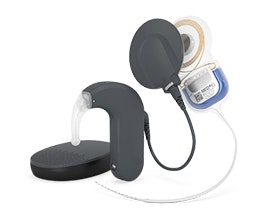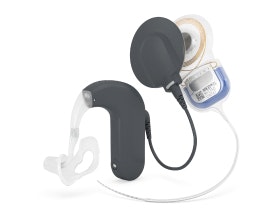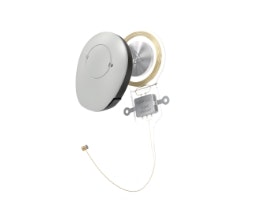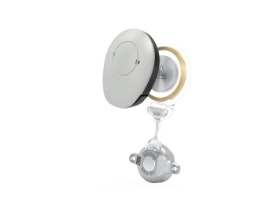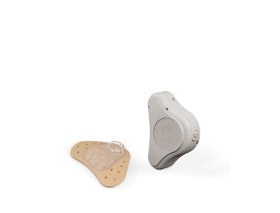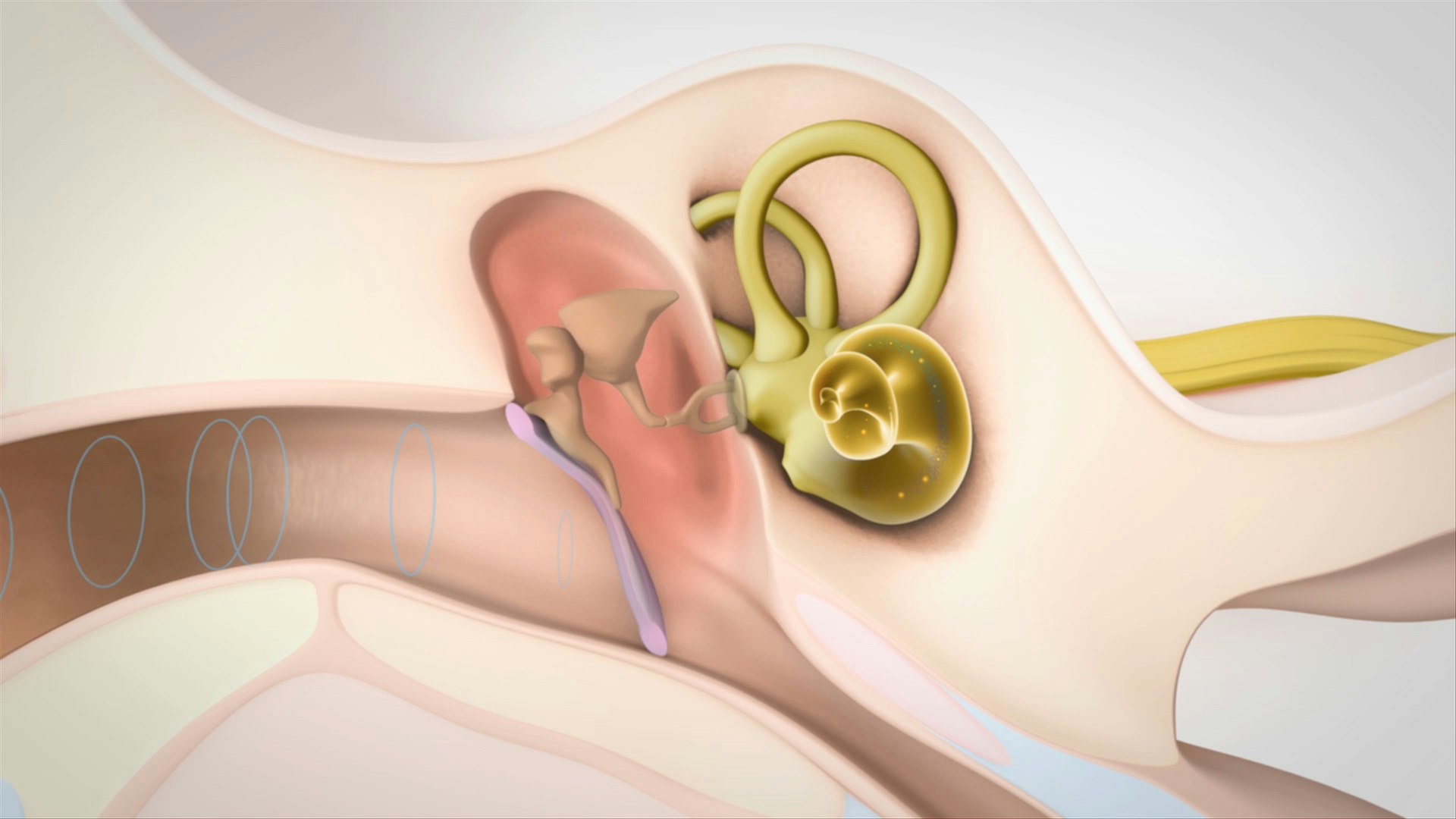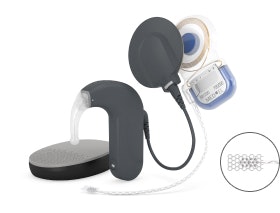Types of Hearing Loss
Sometimes our hearing doesn't work the way it should. Hearing loss can affect one ear or both ears and can have many different causes.
There are four main types of hearing loss, and usually each type is treatable.

Sensorineural Hearing Loss
When the hair cells of the cochlea are missing or damaged, this is known as sensorineural hearing loss. This can be caused by genetics, or it can be a result of head trauma, exposure to loud noise, or something else in the environment. Sensorineural hearing loss is also a common part of the ageing process.
Sensorineural hearing loss has different treatment options depending on its severity, including cochlear implants, middle ear implants, and electric acoustic stimulation.
Solutions for Sensorineural Hearing Loss

Conductive Hearing Loss
Conductive hearing loss happens when sound can’t reach the inner ear. This could be due to damage in the middle ear, or obstructions in the outer or middle ear like ear wax, fluid, infections, or tumours. Birth defects like atresia and microtia can also cause conductive hearing loss.
There are several options to help treat conductive hearing loss, including middle ear implants, bone conduction implants, and bone-anchored hearing aids. There are also non-surgical options like bone conduction hearing aids.
Solutions for Conductive Hearing Loss

Mixed Hearing Loss
Mixed hearing loss is a combination of both sensorineural and conductive hearing loss. It results from problems in both the inner and the outer or middle ear.
Options for treating mixed hearing loss include middle ear implants and bone conduction implants.
Solutions for Mixed Hearing Loss

Neural Hearing Loss
When the auditory nerve is damaged or missing, this is known as neural hearing loss. Hearing aids and cochlear implants cannot help because the nerve is not able to pass on sound information to the brain.
In many cases, an Auditory Brainstem Implant (ABI) is an option for neural hearing loss.
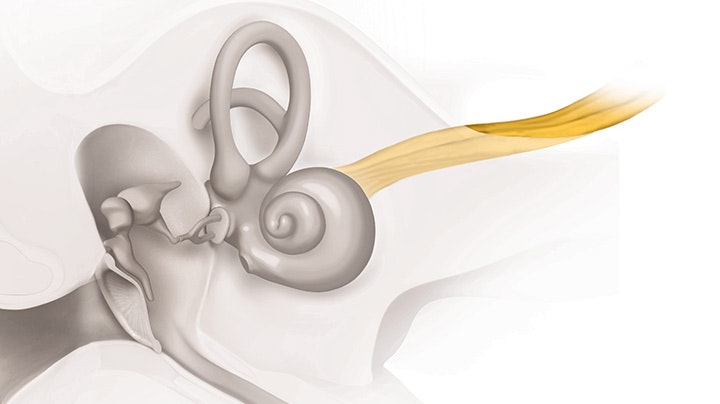
Solutions for Neural Hearing Loss
Hearing Loss In-Depth
Learn more about different types of hearing and hearing loss with our in-depth guides. With topics like single-sided deafness, hearing loss in children, and bimodal hearing, you’ll get a deeper understanding of hearing loss solutions for you or your loved ones.

Here With You
At MED-EL, we’ve been connecting people with life-changing hearing implants for over 35 years, so we understand that hearing loss can be difficult for you and your whole family. That’s why we’ve always been driven by one thing: a passion to help people with hearing loss.
It’s been that way since 1977, when our CEO, Ingeborg Hochmair, pioneered the modern cochlear implant along with her husband Erwin. Our hearing solutions have been implanted in over 140 countries to date. With offices around the world, we’re always there to offer our care and support to our recipients from more than 175 countries. And the steadfast principles of our founders still guide MED-EL’s more than 3,100 employees.
Our dedicated support network and local care specialists ensure our recipients are always well cared for. And when we create new technology, we make sure it’s compatible with earlier implants so that everyone can benefit. With MED-EL, our recipients know they can always count on us for a lifetime of better hearing.

